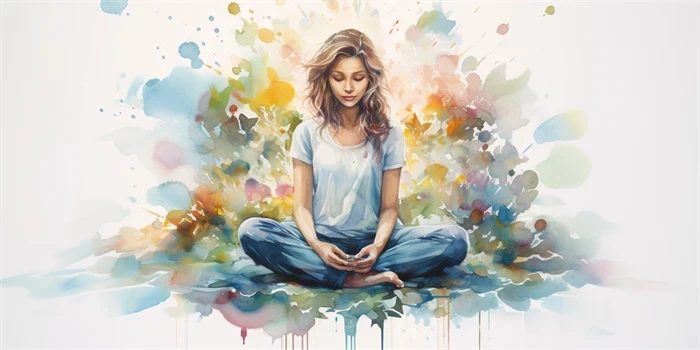Artificial Intelligence (AI) has revolutionized various industries, and content generation is no exception. With the advent of AI-powered tools, the creative landscape has witnessed a profound transformation. This article explores the impact of AI on content generation from multiple perspectives, unveiling both the benefits and potential challenges it brings.

Enhanced Efficiency and Productivity
AI-driven content generation tools, such as automated writing software and image recognition algorithms, significantly enhance efficiency and productivity. These tools can quickly generate high-quality content, saving substantial time for content creators. Moreover, they can analyze vast amounts of data to identify trends and preferences, aiding in creating engaging and targeted content.
AI tools, such as Grammarly and Copyscape, assist in proofreading and detecting plagiarism, ensuring the content’s authenticity and credibility. Writers can utilize these tools to refine their work and eliminate errors or other instances of plagiarism.
Unleashing Creative Potential
Contrary to popular belief, AI doesn’t pose a threat to human creativity but rather complements it. By automating mundane and repetitive tasks, AI empowers content creators to focus on the more creative aspects of their work. With AI-generated insights and data-driven guidance, writers and artists can explore new ideas and novel perspectives more efficiently.
Tools like Canva and Adobe Spark offer AI-powered design features that provide templates and suggestions for visually captivating content. This empowers non-designers to create professional-looking visuals, stimulating their creative potential in the process.
Challenges and Ethical Considerations
Though AI has immense potential, it also presents ethical challenges in content generation. The use of AI raises concerns regarding copyright infringement, as AI tools may inadvertently produce content that infringes intellectual property rights. Stricter regulations and constant monitoring are necessary to strike a balance between creative freedom and protecting original works.
There is also a fear that AI-generated content lacks authenticity and a human touch. While AI can mimic human creativity to a certain extent, it may lack the emotional intelligence and nuanced understanding inherent in human-generated content. Striking a balance between the efficiency of AI and the human touch is crucial to produce content that resonates with audiences.
Impact on Job Market and Creative Industries
As AI tools continue to advance, there are legitimate concerns about the impact on employment in the creative industry. However, instead of replacing human creators, AI is more likely to reshape their roles. Repetitive and tedious tasks may be automated, freeing up more time for creativity and innovation.
AI-generated content can also serve as a valuable resource for content creators, providing inspiration and ideas to stimulate their own creative process. By harnessing the power of AI, creators can amplify their output and deliver a more diverse range of content to their audience.
Frequently Asked Questions
1. Can AI completely replace human content creators?
No, AI cannot entirely replace human content creators. While AI can automate certain tasks and provide insights, human creativity, emotional intelligence, and unique perspectives remain essential for producing compelling content.
2. Are AI-generated designs as impactful as those created by human designers?
AI-generated designs can be visually appealing and impressive; however, they may lack the depth of understanding, artistic flair, and innovation that human designers bring to their work. Collaboration between AI and human designers can produce remarkable results that leverage the strengths of both.
Conclusion
The impact of AI on content generation cannot be denied. It offers enhanced efficiency, unleashes creative potential, and reshapes the roles of content creators. However, ethical considerations, the need for human touch, and the preservation of job opportunities must also be given due attention. By embracing AI while maintaining the core elements of human creativity, the realm of content generation can thrive in this ever-evolving technological landscape.
References:
[Insert appropriate references here]


